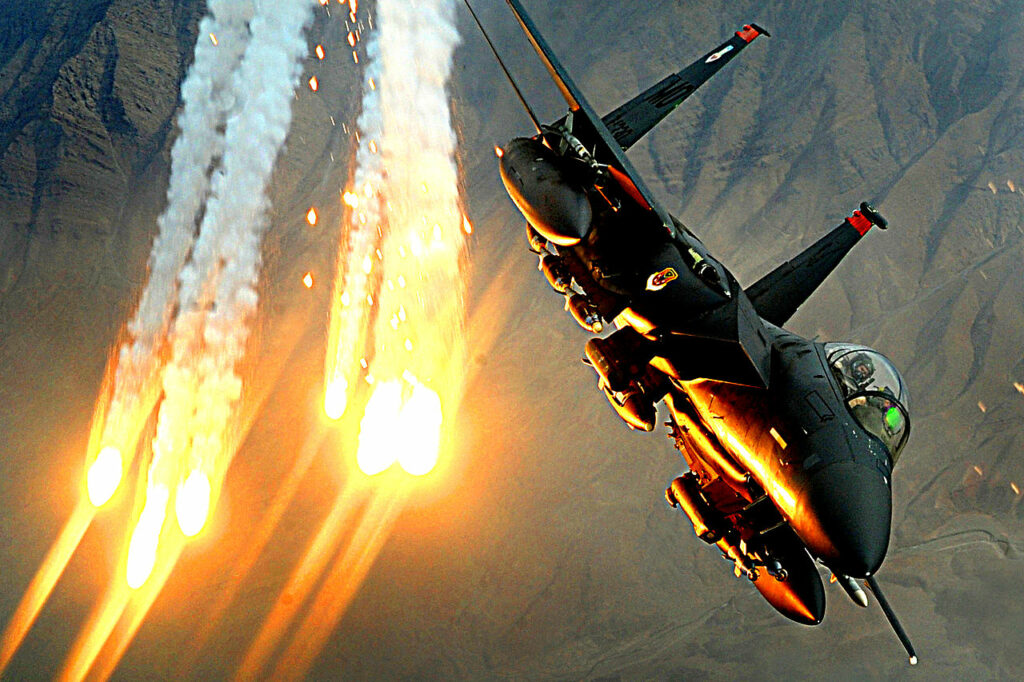
(Scypre.com) – Israel launched a bold and unprecedented series of airstrikes deep into the heart of Tehran early Friday morning, marking a dramatic escalation in the ongoing conflict between the two longtime adversaries. According to Israeli officials, the operation targeted critical Iranian military infrastructure, including missile production facilities and a nuclear research center linked to the country’s controversial weapons program. The Israeli Defense Forces (IDF) confirmed that over 60 aircraft participated in the strike, dropping more than 100 precision-guided bombs across multiple high-value sites. For the first time in years, explosions rocked the Iranian capital itself, sparking widespread panic among civilians and sending thousands fleeing from densely populated areas.
Defense Minister Israel Katz, speaking in a televised address shortly after the strikes, defended the operation as a necessary act of national defense. He directly warned Iranian proxies—especially Hezbollah—that Israel would respond with “unmatched force” if they chose to escalate. “Let this be a message to those who seek to harm us,” Katz said. “We have the capability and the resolve.” The strikes come just days after Iran launched a ballistic missile that struck an Israeli hospital in Haifa, killing several civilians and provoking global outrage. Israeli officials argue that the Tehran operation was not only a response to that attack but a preemptive strike designed to cripple Iran’s long-range missile capabilities and deter further aggression from the Islamic Revolutionary Guard Corps (IRGC) and its allies across the region.
Iran’s response was swift and defiant. Foreign Minister Abbas Araghchi condemned the Israeli strikes as a violation of international law and accused Jerusalem of attempting to derail ongoing nuclear negotiations. Demonstrations erupted in central Tehran, with thousands of citizens waving flags and chanting anti-Israel slogans, even as emergency crews scrambled to contain fires and assess damage. The escalation has drawn concern from global leaders, with the United Nations calling an emergency Security Council meeting and the International Atomic Energy Agency urging restraint. Meanwhile, the U.S. remains cautious, with former President Donald Trump reportedly weighing a limited military response of his own. As both nations dig in, the world watches nervously, aware that a wider regional war could be just one strike away.